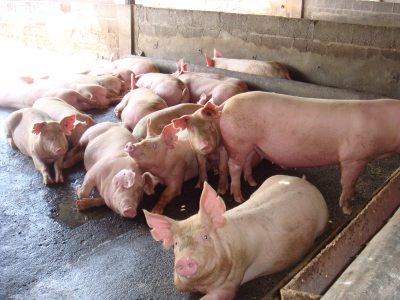The Philippines has issued new rules to strengthen its defenses against African swine fever (ASF) while ensuring safe pork and swine imports.
Agriculture Secretary Francisco Tiu Laurel signed a new administrative circular that introduces ASF regionalization, allowing recognition of ASF-free zones within exporting countries. The approach aligns with World Organization for Animal Health (WOAH) standards.
The Department of Agriculture (DA) is implementing a national zoning and movement plan to identify disease-free areas. This supports science-based monitoring and safe trade.
ASF-free zones and import protocols
Only DA-accredited countries may apply for ASF regionalization recognition. Their veterinary authorities must submit detailed documentation, including:
- ✅ ASF surveillance and control measures
- ✅ Boundaries of ASF-free regions
- ✅ Compliance with WOAH guidelines
The Bureau of Animal Industry (BAI) will conduct at six-month technical review through its Risk Import Assessment Team. This ensures adherence to DA and international standards.
Following evaluation, the BAI will inform the exporting country of the results. Approved applications include a draft ASF Regionalization Agreement and a Veterinary Health Certificate template.
Bilateral recognition begins once both countries’ Chief Veterinary Officers sign the agreement and the DA issues a Memorandum Order.
Health safeguards for live pigs and pork products
The circular applies only to commodities under existing DA export accreditation. Exporting countries must also submit annual ASF status reports.
Live pigs must:
- ✅ Show no clinical signs of ASF
- ✅ Originate from ASF-free regions
- ✅ Avoid restricted zones during transport
Meanwhile, pig products must:
- ✅ Come from ASF-free regions
- ✅ Be transported in sealed vehicles to approved slaughterhouses
- ✅ Pass ante- and postmortem inspections with favorable results
All procedures must follow WOAH standards.
The circular also requires a review after two years to ensure continued relevance. Any previous rules inconsistent with the new order are repealed or revised.
Mr Tiu Laurel said the order balances food security with strict animal health safeguards. He emphasized protecting local producers while enabling responsible, science-based trade.

